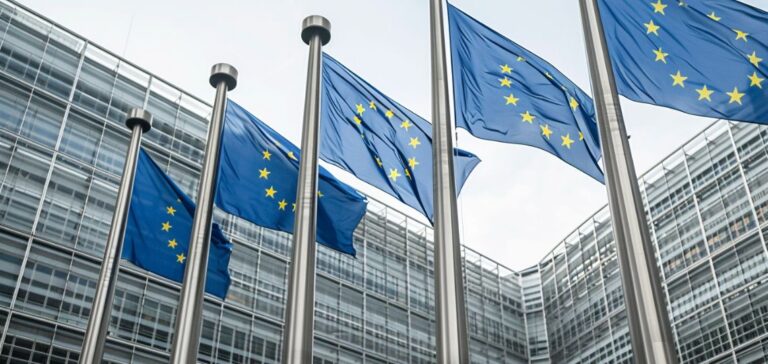France has submitted a proposal to the European Commission advocating for the establishment of a European Decarbonization and Electrification Bank. The initiative, led by the Ministry of Industry and Energy, aims to strengthen support for industrial companies seeking to reduce their reliance on fossil fuels. The project will be defended at the Competitiveness Council on March 6 and the Energy Council on March 12.
A Model Based on the French Mechanism
The French government wants to expand its subsidy system, currently available to the 50 most CO2-emitting industrial sites, to a European scale. This program, which allocates €1.6 billion for 2025, is based on a payment mechanism per ton of CO2 avoided, distributed through calls for tenders over a period of 10 to 15 years. The objective is to encourage industrial players to invest in cleaner equipment by reducing financial barriers.
An Approach Centered on the Carbon Market
Currently, the European Innovation Fund provides grants based on the investment costs required to modernize infrastructure. However, according to Bercy, this model does not guarantee sufficient returns on investment for industries, which are waiting for higher carbon prices to justify their expenditures. Today, the price per ton of CO2 on the European Emissions Trading System (ETS) fluctuates between €60 and €80, while certain decarbonization technologies would only become profitable at €100 to €150 per ton.
Sustainable Financing for Industrial Companies
The proposed model would bridge this gap by providing guaranteed payments per ton of CO2 avoided, with long-term commitments. Funding would come from the European Innovation Fund, which would be transformed into a bank capable of anticipating future revenues generated by the carbon market. All decarbonization technologies would be eligible, including solar thermal, nuclear power, and carbon capture.
A Large-Scale Investment Need
Decarbonizing heavy industry represents a major financial challenge. France estimates that between €50 billion and €80 billion will be needed for its own industries, while the European Commission evaluates the total requirement at between €600 billion and €700 billion for all EU member states. Establishing a dedicated European Bank would offer industrial players a more stable and market-adapted financing framework.






















